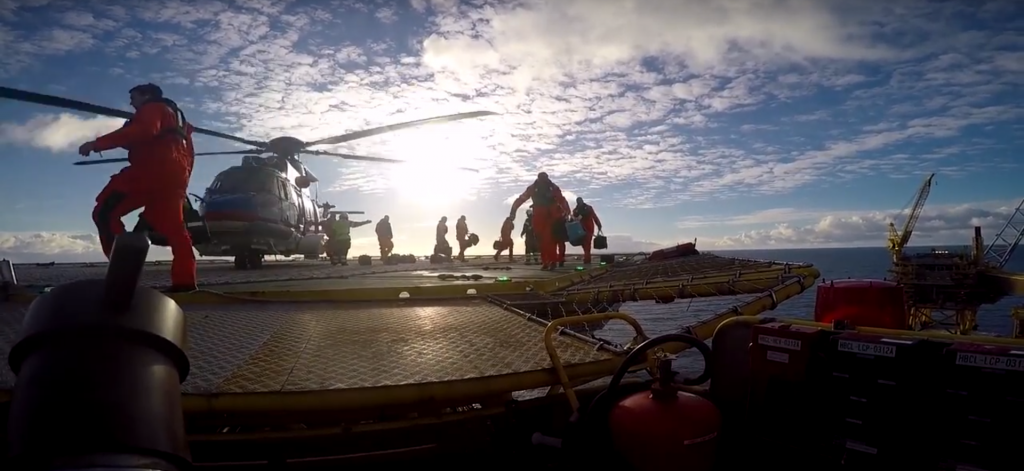
More than three billion barrels of oil equivalent located in 350 unsanctioned discoveries remain in the UKCS, according to new data released by the Oil and Gas Authority (OGA).
“Of the three billion, the majority are ‘small pools’, defined as less than 50 million boe technically recoverable, and are located within potential tieback and/or extended reach drilling distance to existing infrastructure. However, a number of these small pools lie further away from existing infrastructure and therefore could require stand-alone type solutions to recover hydrocarbons,” the data said.
The release comes two years after the oil price plunged, forcing dozens of North Sea firms to ax thousands of jobs.
The data was gathered as part of the Technology Leadership Board’s (TLB) Small Pools Work Group.
Carlo Procaccini, OGA’s head of technology, said: “We recognise the challenges operators are facing to develop these marginal oil and gas accumulations. Small pools represent a very significant opportunity to maximise economic recovery (MER) from the UKCS.
“Technology has an important role to play to reduce the cost of development wells, design optimised subsea infrastructure to existing host facilities and develop efficient standalone concepts.
“We are committed to working together with the industry, the TLB and the new Oil and Gas Technology Centre (OGTC) which has dedicated one of their Solution Centres to unlock the small pools potential.”
The OGA has since highlighted a string of technologies geared towards recovering the stranded small pools reserves, including unmanned production buoys and small, versatile floating facilities.
Gordon Drummond, project director of NSRI, added: “Small pools have a national importance in terms of achieving MER and they must be considered as an industry asset if they are to be capitalised upon.
“Following an extensive mapping exercise, we now know exactly where these small pools are located and what is required to unlock their potential. If the subsea industry can rise to the challenge of economically tapping into these pools, the North Sea could have a whole new lease of life.
“Technology is only part of the solution, the industry must be much more receptive to innovation – there must be a willingness to work more collaboratively on multi-field applications and on access to infrastructure.”
The publication comes as Hurricane Energy today confirmed its UKCS surpassed its expectations.
Recommended for you
